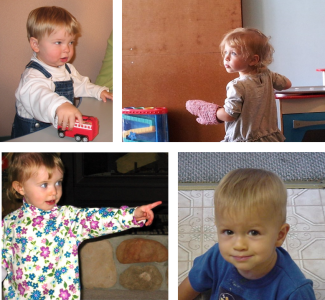All sides weigh in on the screening debate in a recent article by CNN.
Earlier this week, the U.S. Preventive Services Task Force (USPSTF) issued a report concluding that the scientific evidence is insufficient for recommending ASD screening for children under 30 months in cases where ASD concerns have not been expressed by their parents or a clinician (i.e., universal screening). The task force report acknowledges there is “adequate evidence” that screening is effective for identifying ASD and that its associated risks are low. However, the report states that “there are no studies that focus on the clinical outcomes of children identified with ASD through screening.” Thus, the report does not advocate for or against screening, but rather highlights the need for more research examining whether groups of children with ASD who are identified through universal screening have more positive outcomes than those who are not.
Responses to the USPSTF Report
In response to this report, the American Academy of Pediatrics (AAP) has re-stated their recommendation that universal ASD screening be conducted at 18 and 24 months, in accordance to their practice guidelines that were established in 2007. Many other professional and advocacy groups have objected to the design and findings of the USPSTF report as representing an overly rigid and narrow interpretation of existing data.
USPSTF recommendations are based on an evaluation of both the benefits and harms of the topic at hand – in this case, universal ASD screening. But what about the potential benefits and harms of the task force recommendations themselves? In this case, a significant benefit of their recommendation might be the call for more research — but only if it results in a shift in federal funding priorities, as this research is quite expensive. In contrast, a significant harm of this recommendation may be decreased use of universal screening by healthcare providers – which may result in the failure to identify many children with ASD at young ages, when the benefits of specialized intervention are likely to have the greatest impact for both children and families. Which way does the scale tip for you?
Relevant READi Lab research
The READi Lab is fortunate to be participating in an NIMH-funded research network that has the capacity to follow the same children from the screening process through intervention, consistent with the task force recommendations. Our Screen-Refer-Treat (SRT) study is evaluating an innovative healthcare service delivery model designed to expedite earlier access to intervention for toddlers with ASD. For more information, and to see if your county is participating in the SRT study, click here.
